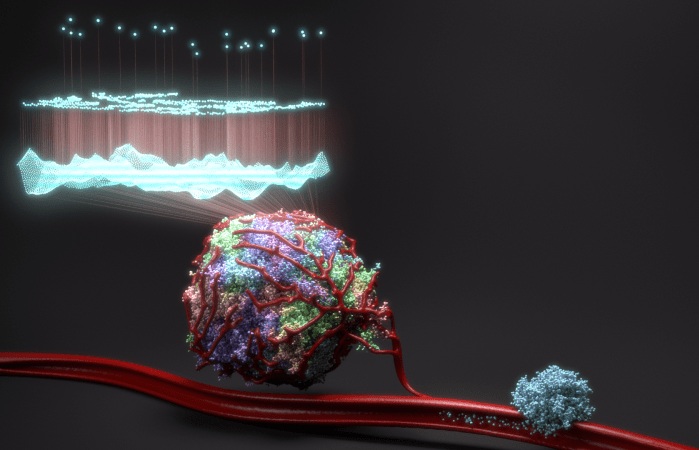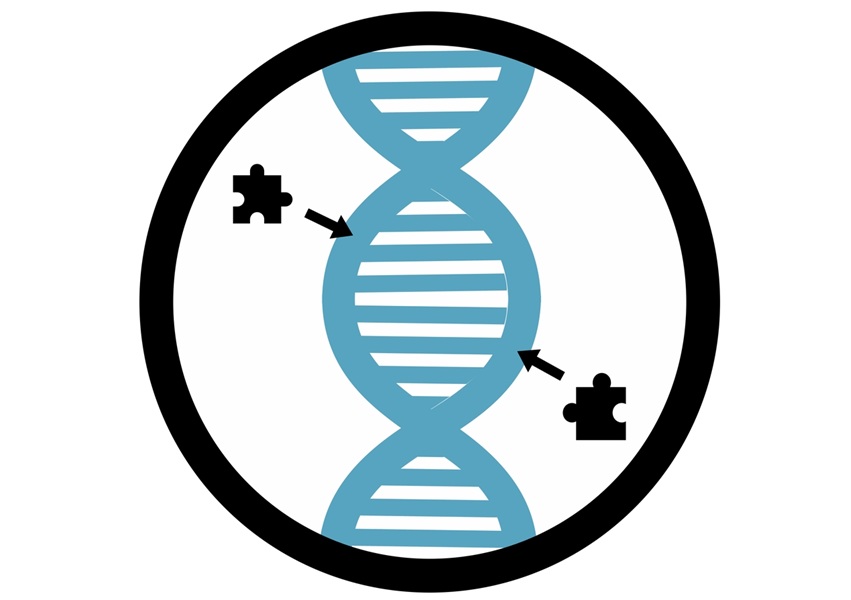Lung Cancer Test Predicts Survival in Early Stages Better Than Current Methods
Posted on 14 Jan 2025
Biological markers in lung cancer can help doctors identify patients who are at higher risk of their cancer returning or spreading to other parts of the body. This is especially important for individuals with stage 1 lung cancer, who typically undergo surgery without chemotherapy. However, for about 25% of stage 1 patients, the cancer returns, suggesting that they may have benefited from more frequent monitoring or chemotherapy. When doctors take a tumor sample, they generally only capture less than 1% of the tumor, and the genetic makeup can vary greatly from one region of the tumor to another. In 2019, a test called ORACLE was developed to address the lack of biological markers in lung cancer by analyzing genes that are expressed at high or low levels throughout the entire tumor. Researchers have now shown that ORACLE can predict lung cancer survival at the time of diagnosis more effectively than the clinical risk factors currently in use. This could help doctors make better-informed treatment decisions for stage 1 lung cancer patients, potentially reducing the likelihood of cancer recurrence or spread.
In a collaborative study involving researchers from the Francis Crick Institute (London, UK), the team tested ORACLE in 158 individuals with lung cancer as part of the Cancer Research UK-funded TRACERx study. The results indicated that ORACLE could predict patient survival more accurately than the current clinical standards, such as tumor stage. These new findings suggest that ORACLE could identify stage 1 lung cancer patients with a lower chance of survival who might benefit from chemotherapy in addition to surgery. Current clinical standards were not able to provide this information for stage 1 patients. Published in the journal Nature Cancer, the research also showed that high ORACLE risk scores were associated with regions of the tumor that were more likely to metastasize.

Moreover, when the researchers examined 359 current and potential lung cancer drugs, they found that high ORACLE risk scores predicted a better response to certain types of chemotherapy, particularly platinum-based drugs like cisplatin. This is because regions of the tumor with high ORACLE scores tend to have unstable DNA, known as chromosomal instability, which is specifically targeted by platinum drugs. The same research team recently discovered that alterations in a key gene called FAT1 contribute to chromosomal instability, and FAT1 is also one of the genetic variations that ORACLE detects. Moving forward, the researchers plan to compare outcomes for individuals with high ORACLE scores receiving standard care versus those receiving additional surveillance or chemotherapy, to determine if the test improves survival, even for those diagnosed at the earliest stage.
“ORACLE can now predict survival rates in patients diagnosed at the earliest stage,” said Dhruva Biswas, Translation Fellow at the Crick, Postdoctoral Fellow at the UCL Cancer Institute, Associate Research Scientist at Yale School of Medicine, and co-first author. “If validated in larger cohorts of patients with lung cancer, doctors could one day use ORACLE to help make informed treatment decisions, bringing lessons from cancer evolution into the clinic.”
Related Links:
Francis Crick Institute













